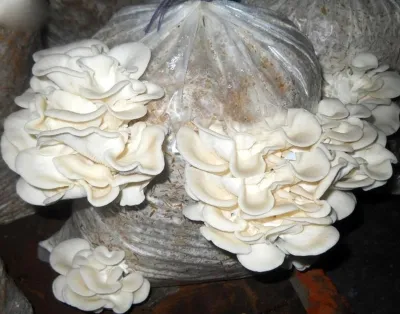Did an Australian woman really murder three family members with poisonous mushrooms?

Synopsis
Key Takeaways
- Erin Patterson was convicted of murdering three family members.
- All victims suffered from amanita mushroom poisoning.
- The trial lasted for 10 weeks, revealing disturbing details.
- Patterson claimed the mushrooms were accidentally included in meals.
- She will be sentenced at a future date.
Sydney, July 7 (NationPress) An Australian woman has been convicted of murdering three family members and attempting to murder a fourth by intentionally serving them poisonous mushrooms. A Supreme Court jury in Victoria found Erin Patterson, 50, guilty of the murders of Don and Gail Patterson, her husband's parents, and Gail's sister, Heather Wilkinson.
All three individuals passed away days after consuming a lunch of beef wellington that Erin prepared at her home in Leongatha, located 110 kilometers southeast of Melbourne, in July 2023.
The jury also ruled her guilty of the attempted murder of Ian Wilkinson, Heather's husband, who survived after spending several weeks in the hospital.
The extensive trial revealed that all four guests suffered from amanita mushroom poisoning due to the consumption of toxic death cap mushrooms.
Charged in November 2023, Patterson pleaded not guilty, claiming that the poisonous mushrooms were inadvertently mixed into the meals. However, the prosecution argued that she had intentionally harvested death cap mushrooms, dehydrated them, ground them into a powder, and concealed them in individual beef wellingtons served to her guests, as reported by Xinhua news agency.
It was alleged in court that Erin Patterson deceived her guests by fabricating a cancer diagnosis to invite them for lunch, pretended to be ill from the food to deflect suspicion, and destroyed evidence while lying to police during the investigation.
Erin's estranged husband, Simon Patterson, was also invited to the lunch but canceled just a day prior.
The jury began deliberations on June 30, and Erin Patterson’s sentencing will occur at a later date.










